The NIH Is One Step Closer to Being Forced to Cut Primate Experiments
The full HAC has passed legislation telling the NIH that they need to spell out a plan for reducing taxpayer-funded tests on thousands of primates by 2025.
Updated July 14 2020, 3:53 p.m. ET
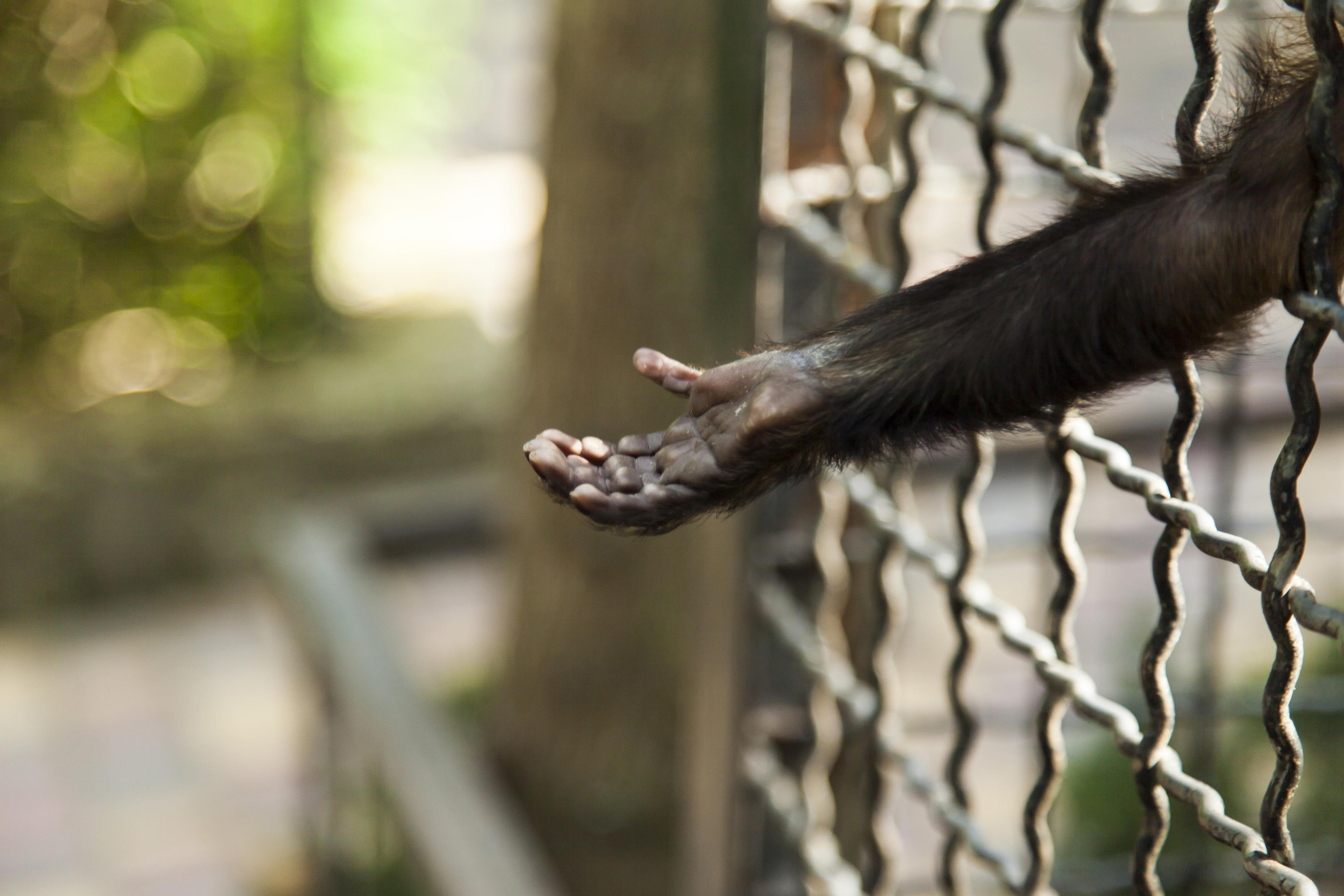
Good news for animal lovers! After years of pressure, the National Institutes of Health’s funding committee and now the full House Appropriations Committee have passed legislation telling the government agency that it needs to create and spell out a plan for reducing its taxpayer-funded experiments on thousands of primates by 2025.
In short, the National Institutes of Health (NIH) must cut its wasteful, cruel animal abuse within the next five years. This is thanks to the White Coat Waste Project (WCW) and its 2 million members! President and founder of the White Coat Waste Project, Anthony Bellotti, rejoiced at the win for not only taxpayers but also the innocent animals affected by these cruel experiments.
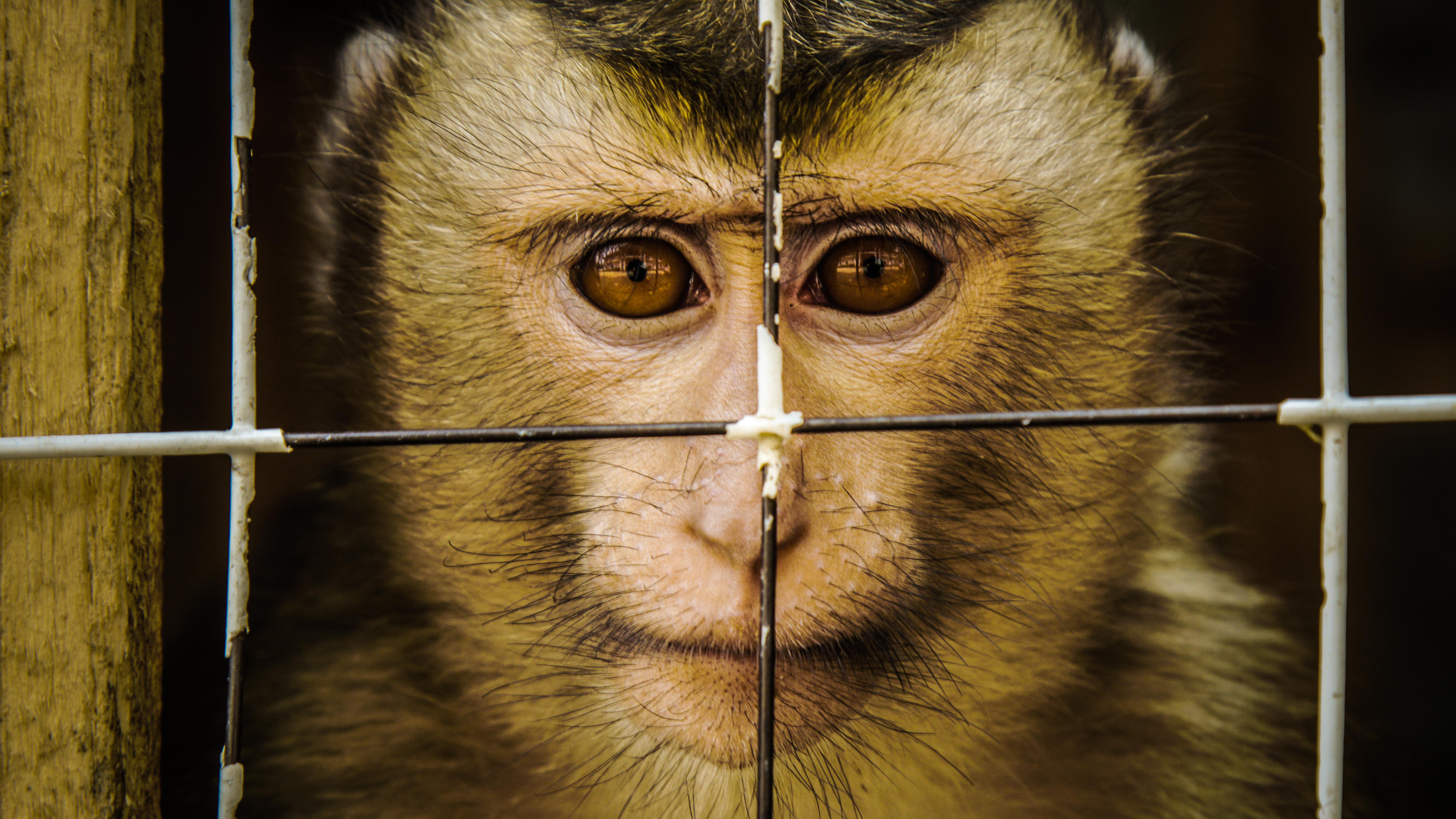
“For the first time ever, Congress has drawn a line in the sand and made clear that taxpayers should not be forced to foot the bill for the NIH’s pointless primate abuse that’s opposed by most Americans,” Bellotti stated.
He continued, “The move follows a White Coat Waste Project lawsuit earlier this year that exposed how NIH bureaucrats have wasted decades and tens of millions of tax dollars to destroy monkeys’ brains with toxic acid and torment them with fake snakes and spiders in cruel and useless psychological experiments.”
WCW and local politicians worked together to make the deadline happen.
The White Coat Waste project worked together with Rep. Lucille Roybal-Allard (D-CA), a senior member of the NIH’s funding panel, to draft and secure this measure in the NIH’s 2021 spending bill.
Rep. Royal-Allard spoke out against the wasteful and inhumane treatment of primates and said, “I remain concerned about primate research at [NIH] for reasons related to animal welfare, scientific efficacy, and government spending ... The NIH’s primate research problem is worse than previously thought.”
This is the first time that Congress has cracked down on the NIH primate testing.
The WCW was thrilled with the outcome and said, “This is the first time ever that Congress has given the NIH a hard deadline for curbing primate tests, which have troublingly been on the rise despite overwhelming evidence of their wastefulness.”
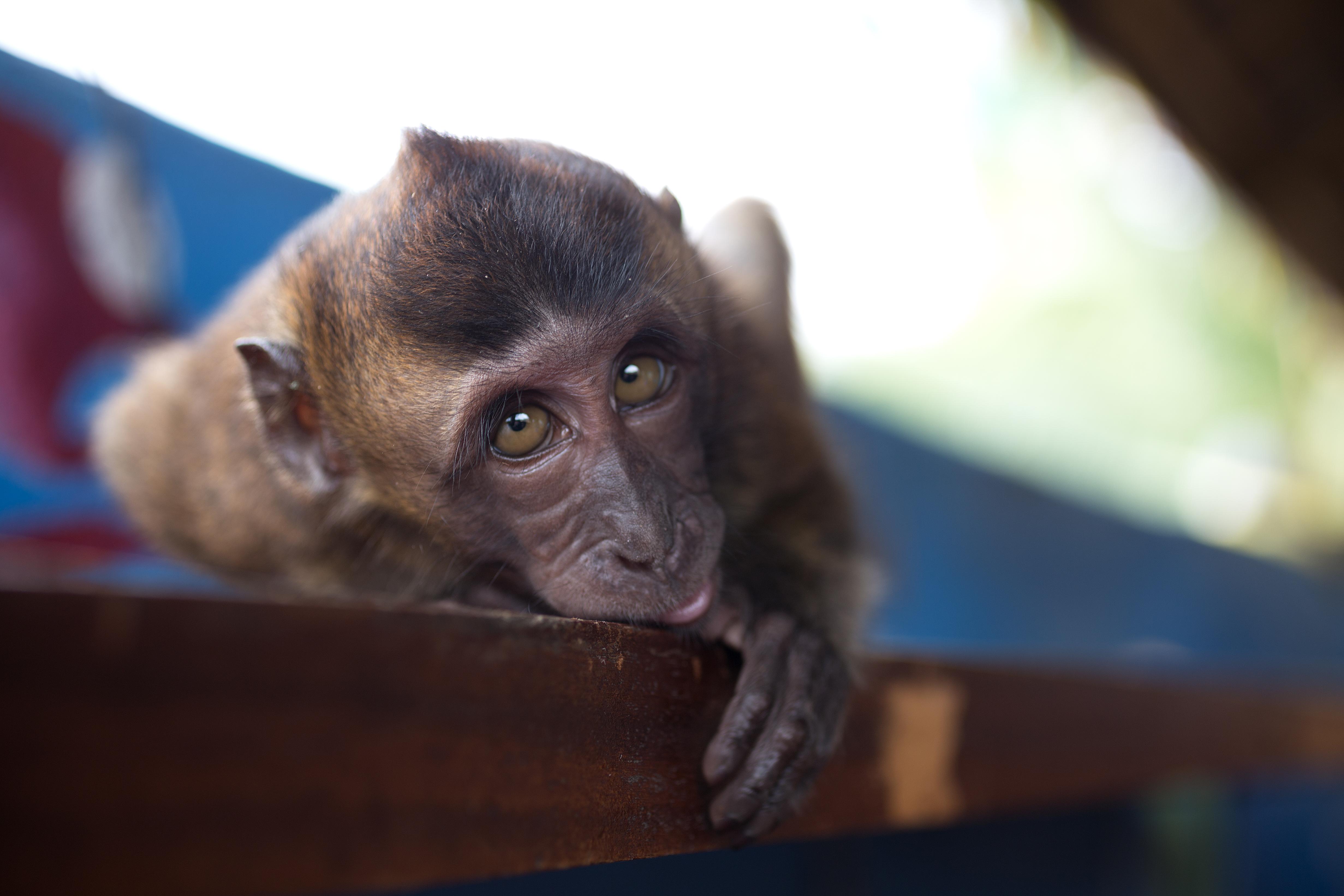
According to WCW, the new spending bill for 2021 builds on last year’s language by setting a specific timeline for the agency to phase out its wasteful experiments on monkeys.
The NIH confines and experiments on 7,000 primates each year.
According to The Hill, in 2019, the NIH experimented on approximately 7,000 primates (including baboons, marmosets, and macaques) — and even though anti-animal testing legislation and policies are growing, the NIH continues to expand its primate research.
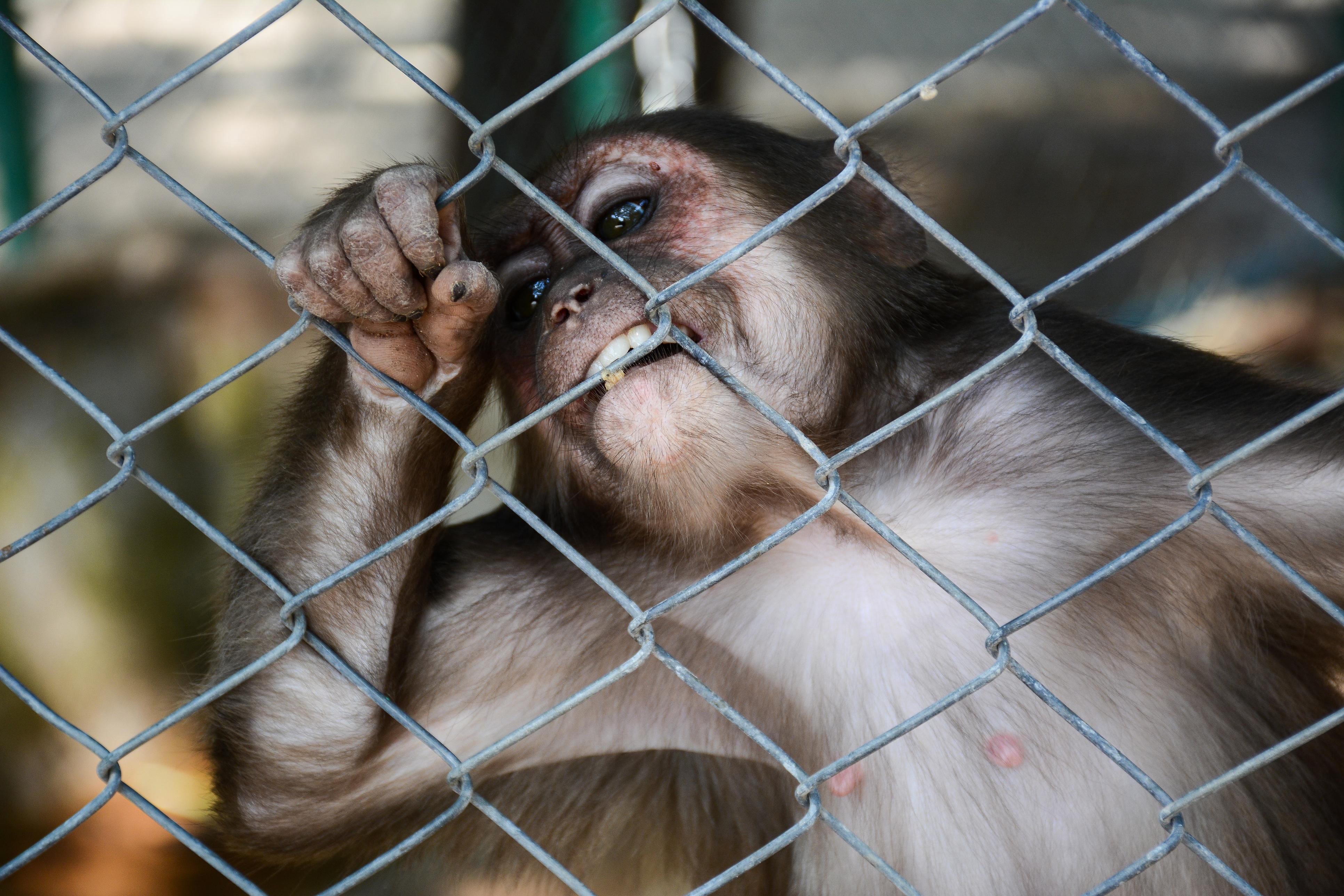
These NIH projects have been funded since the 1970s, but over the past 13 years, since 2007, the NIH has gotten nearly $100 million in tax money. This tax money has gone to the ultimate torture of animals. The Hill reported that current NIH primate research includes infecting monkeys with debilitating viruses like Ebola, addicting monkeys to alcohol, and performing invasive experiments on monkeys’ brains. In one study the NIH has funded for the last decade, experimenters destroy areas of monkeys’ brains with toxic acid so they can not recognize faces.
Now it’s time for the ruling to make its way through the legislative process.
The House Appropriations Committee has voted to curb NIH primate testing by 2025, and this is great news. However, there are many more steps that need to be taken until this bill is put into law.
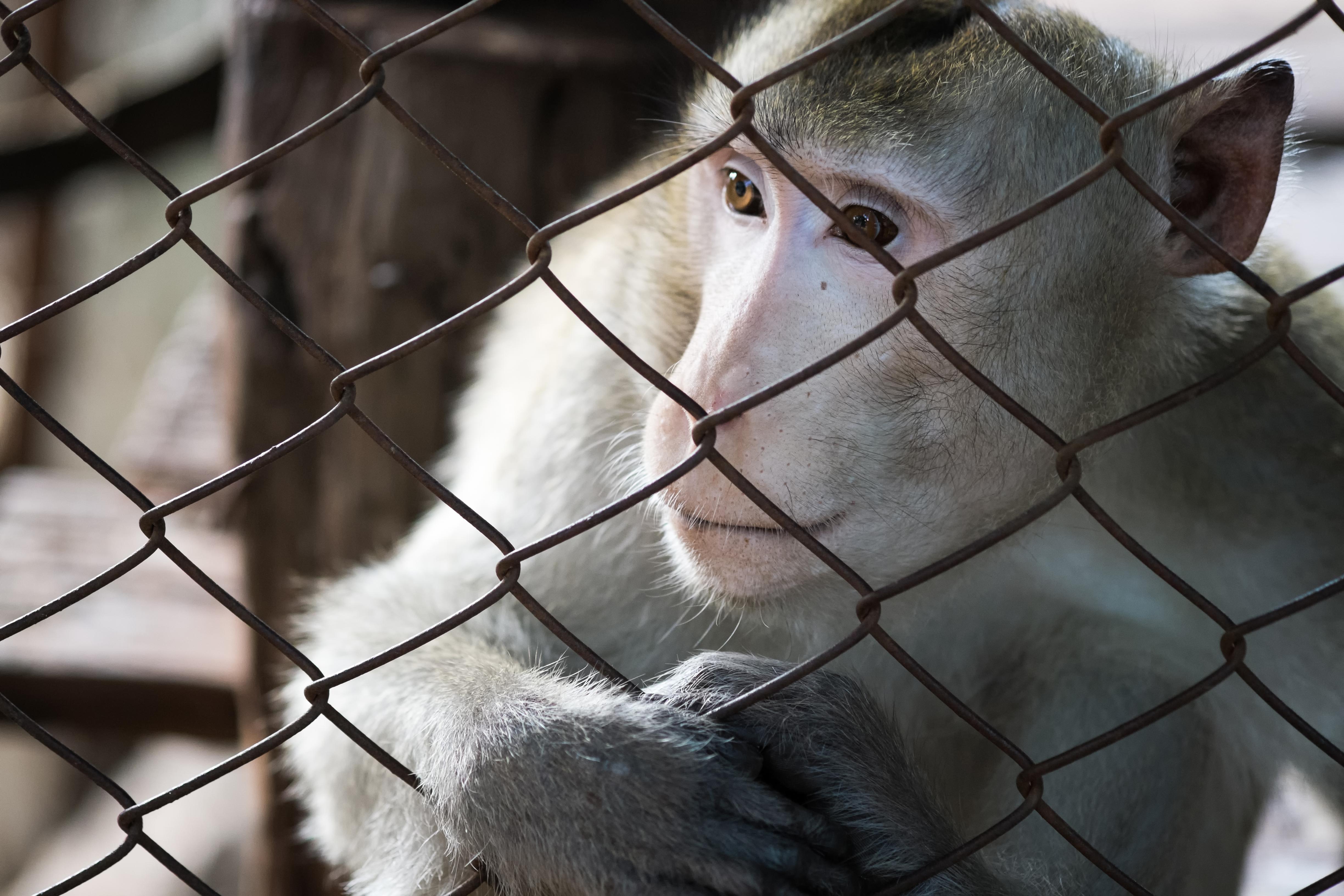
The National Institutes of Health’s 2021 spending bill will next go to the full House Appropriations Committee for a vote, and then it will be voted on by the entire House. After it goes through the house, the bill will then make its way to the Senate for approval, before being signed by the president.